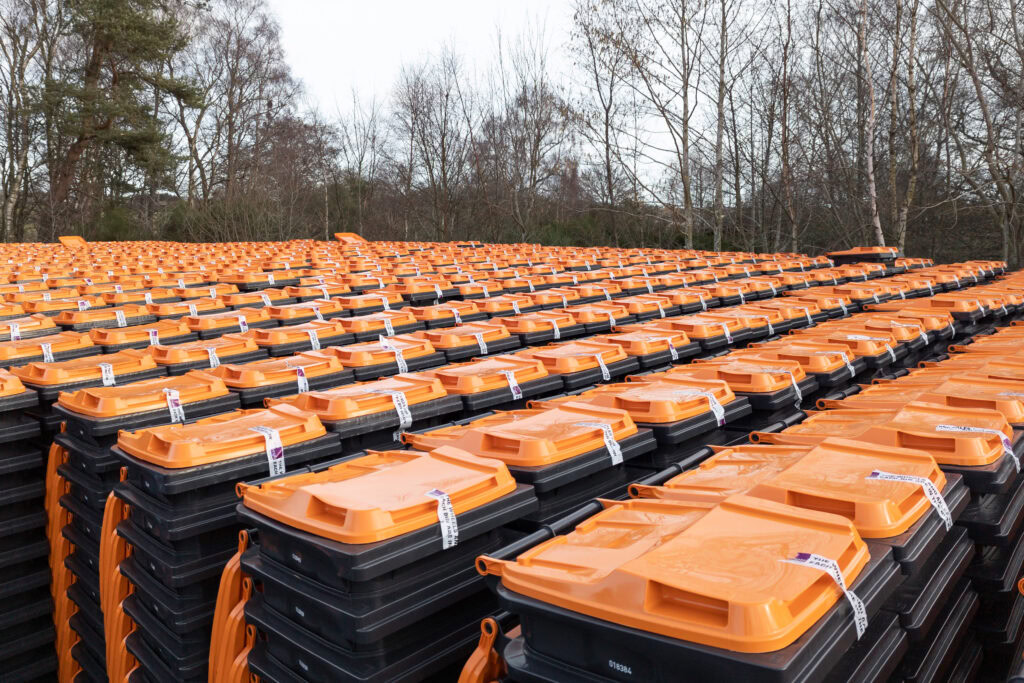The campaign will see the national #SCRAPflytipping campaign provide guidance and advice on fly tipping.
Part of the collaboration has included the creation of content specifically targeted at the charity retail sector. It highlights the impact of fly tipping on charity shops and the steps people should take to donate items rather than fly tipping them.
The posters and social media assets can be found online.
The wider #SCRAPflytipping campaign has been in operation since 2019 and aims to help local authorities prevent fly tipping.
Councillor John Fisher commented at the launch of the campaign in Norfolk: “There are lots of ways that people can legally get rid of the things they no longer want, so in addition to asking people to avoid giving their waste to rogue traders, the SCRAP campaign will be highlighting how people can dispose of items and stay within the law.
“We’re urging people to follow the simple SCRAP code and are reminding people that if it’s their waste it’s their responsibility.”
The issue with fly tipping
The campaign warns the public that fly tipping can result into a fixed penalty notice of up to £1000 or an unlimited fine.
Fly tipping – classed as the illegal dumping of items – includes leaving items beside street bins and recycling banks, on the floor of communal bin areas and outside closed recycling centres and charity shops.
Fly tippers can be prosecuted even in cases where someone else fly tips waste on their behalf.
Fly tipping and waste crime in the UK
At the start of the month (1 August), a man in Essex was arrested as part of an Environment Agency investigation known as “Operation Eagle” (see letsrecycle.com story).
He was arrested in relation to a large-scale fly tipping incident that occurred across Hertfordshire, Buckinghamshire, Cambridgeshire and Essex. A second man was interviewed on 8 August in connection with the same event.
Total waste crime costs the UK economy an estimated £1 billion a year.










Subscribe for free